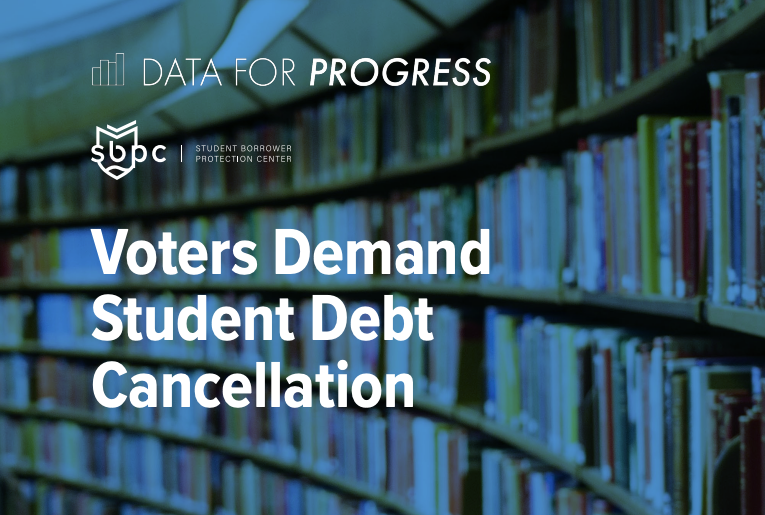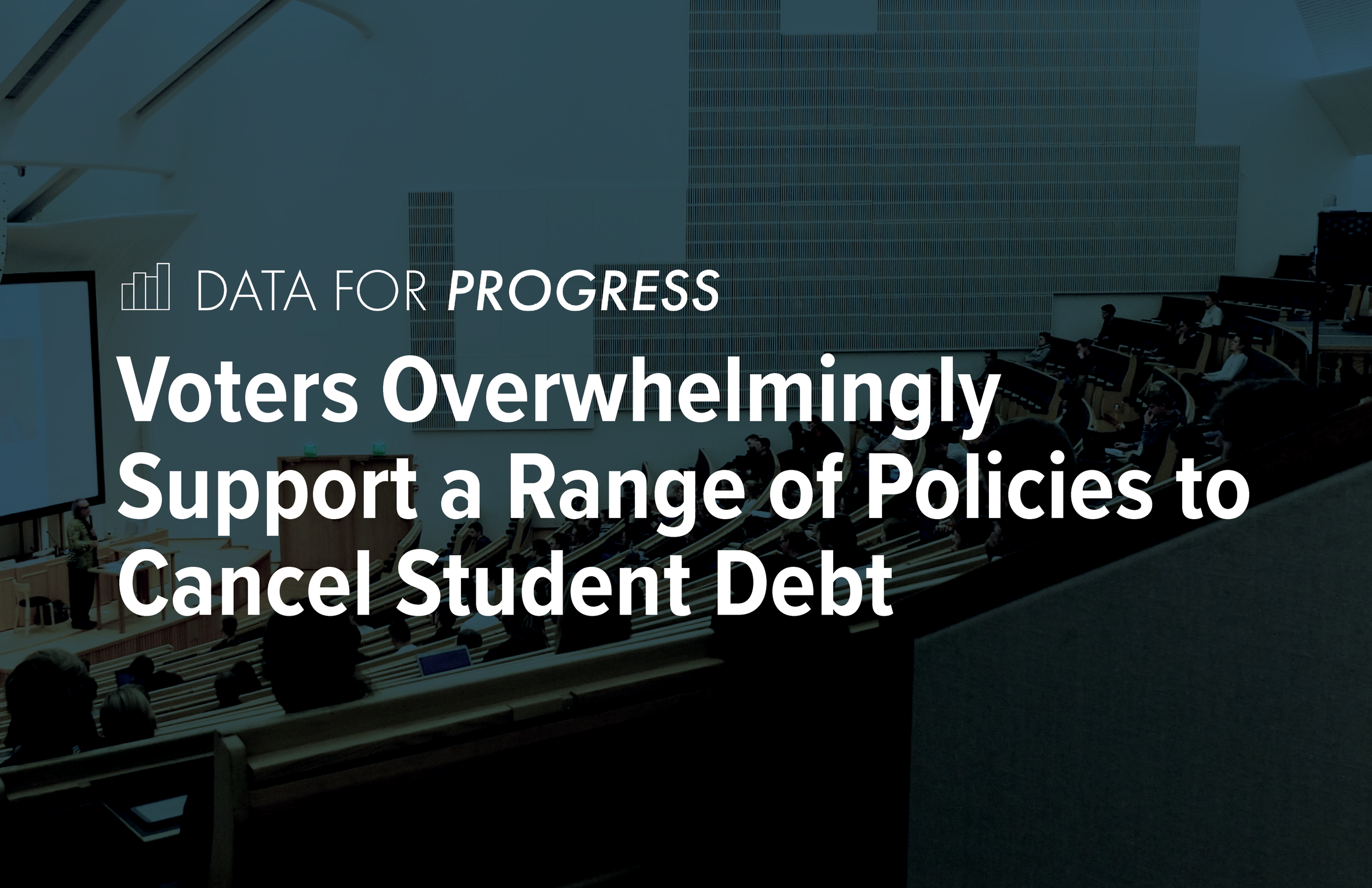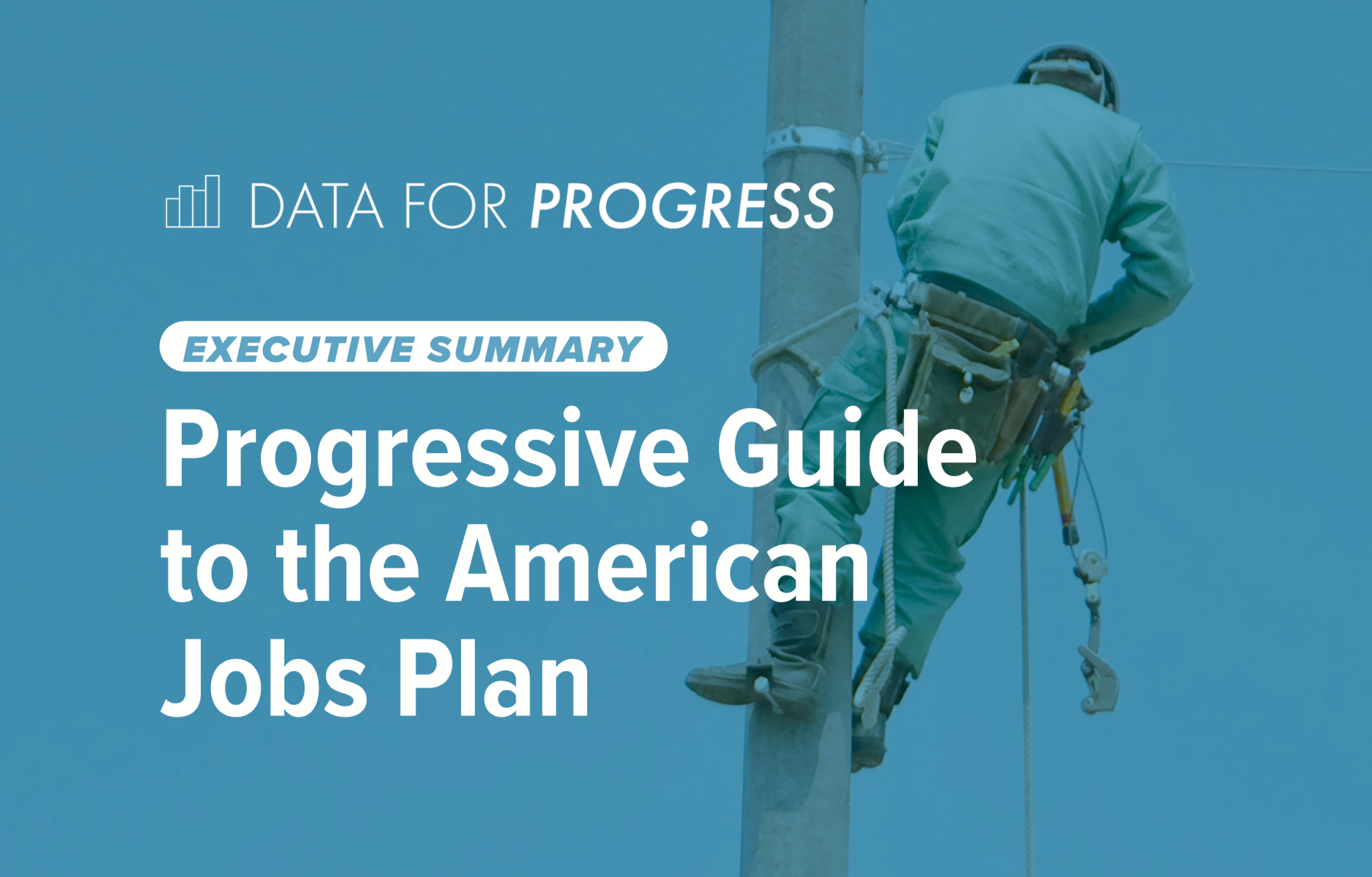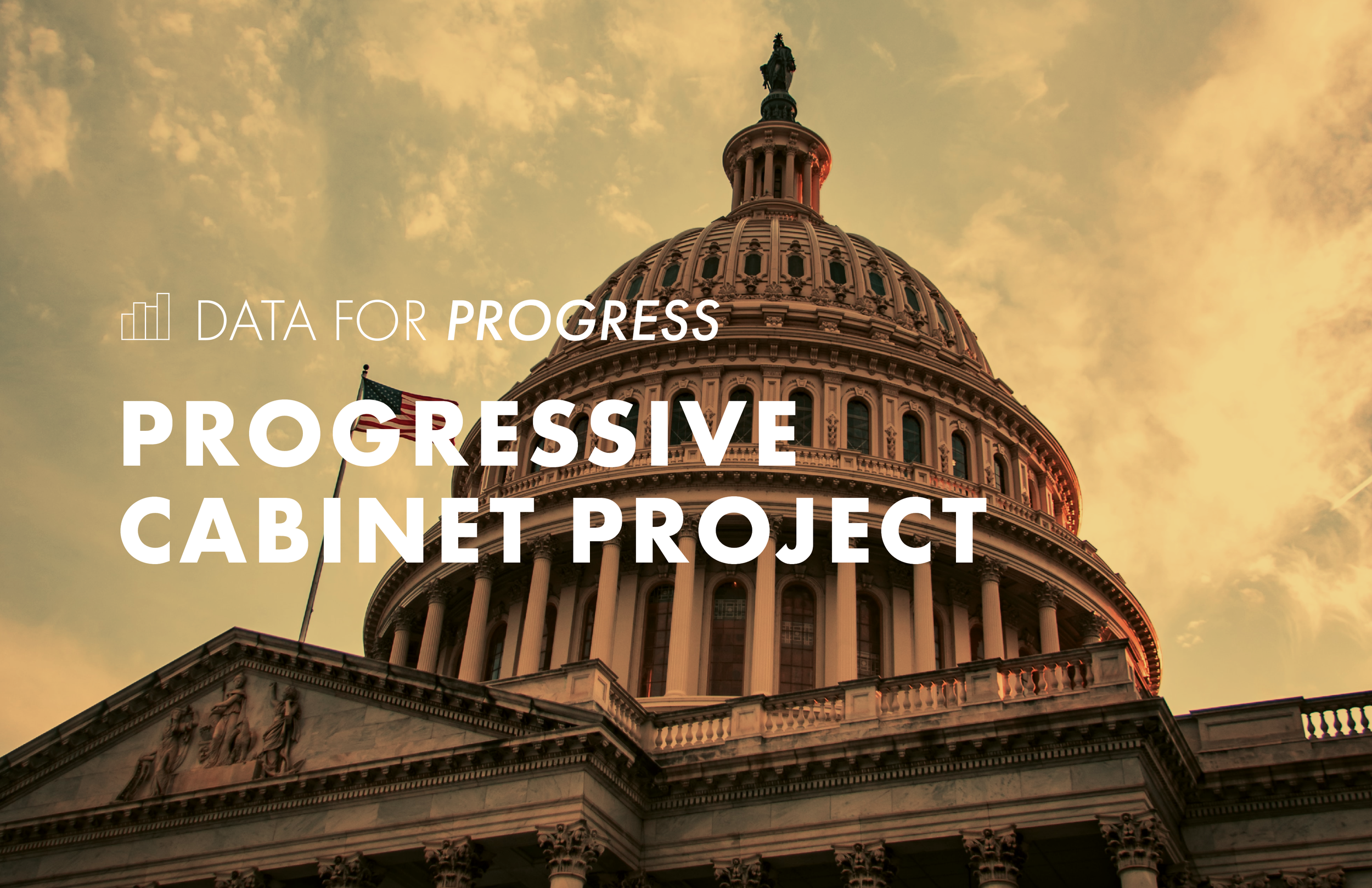Alaska voters, especially parents, support the majority caucus’s push for a broad increase in per-student funding.
Read MoreData for Progress and Student Borrower Protection Center consistently find broad support for loan cancellation, including among majorities of voters with no bachelor’s degrees and voters with no current student loan debt.
Read MoreStudent debt has increased dramatically in past decades and currently affects 45 million Americans, with about 4.4 million borrowers who have been making payments on student loans for more than twenty years.
Read MoreA guide to the key pillars of the American Jobs Plan and how they compare with other progressive proposals.
Read MoreFor-profit colleges have a long and well documented history of consumer abuses, deception, and fraud.
Read MoreIn the space of a few years, the prospect of cancelling outstanding student loans has moved from the far-out fringe of higher education policy reforms to the center of the policy debate, and it could become actual executive branch policy in the very near future.
Read MoreAs part of a September survey of likely voters in 11 swing states, including Florida, Wisconsin, and Pennsylvania, Data for Progress along with Student Defense tested attitudes towards for-profit colleges, Department of Education regulations (ED), and loan forgiveness.
Read MoreThe student loan debt crisis is leading to tremendous dispossession of wealth and income from borrowers.
Read MoreCongress has the ability to provide comprehensive aid to households in the next stimulus package.
Read MoreOver the last two years, Data for Progress and YouGov Blue have fielded twenty-five national surveys—totaling over 1,600 questions—to measure public opinion across various policy areas.
Read MoreAmidst the larger debate about funding for law enforcement, Data for Progress and The Justice Collaborative conducted a national survey to examine attitudes toward police presence in schools.
Read MorePortfolio Description: The Department of State is perhaps the most visible and prestigious of any cabinet departments. The department presides over a wide array of tasks relating to the United States’s external affairs, including representing America abroad and advising the President on matters of foreign policy.
Read MoreThe ongoing coronavirus emergency has exposed existing inequalities.
Read MoreThe economy is in free fall. The clearest indicator of this grim reality is the latest unemployment numbers: The United States Department of Labor registered 6.6 million initial unemployment claims for the week ending on March 28. This surpassed the previous record (3.3 million), which was set the week prior. This rapidly deteriorating situation is one that most voters are acutely aware of.
Read MoreThe global economy is hurting and conditions are likely to worsen substantially. The spread of COVID-19 has reached global pandemic status—if it is not there already. And increasing disruption is triggering underlying weaknesses in the global and domestic US economies. Besides the terrible short-term costs of illness and recession, we must worry about a fossil fueled reboot where “retaliatory emissions” would result from a return to oil, gas, and coal-fueled growth. Ongoing carbon pollution threatens runaway climate chaos.
Read MoreNearly two-thirds of Americans, including a majority on both sides of the aisle, want the federal government to ensure that school lunches are fresh, healthy, prepared onsite, and locally grown. This polling indicates strong support for overhauling meal programs in America’s schools, which would create structural change in the country’s food economy and lead to a number of benefits for schoolchildren, farmers, and workers.
Read More















